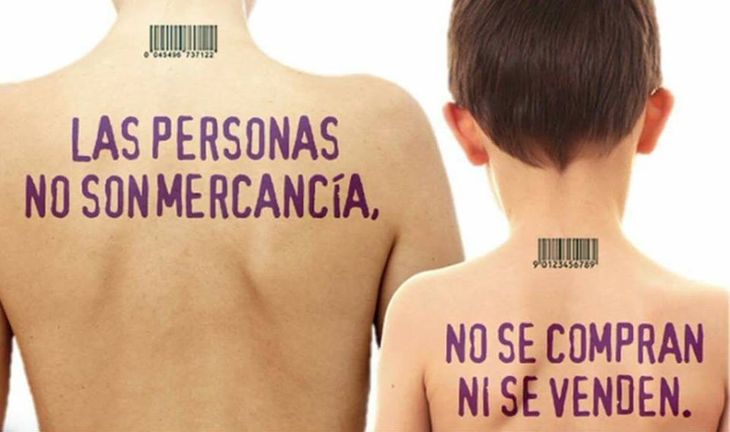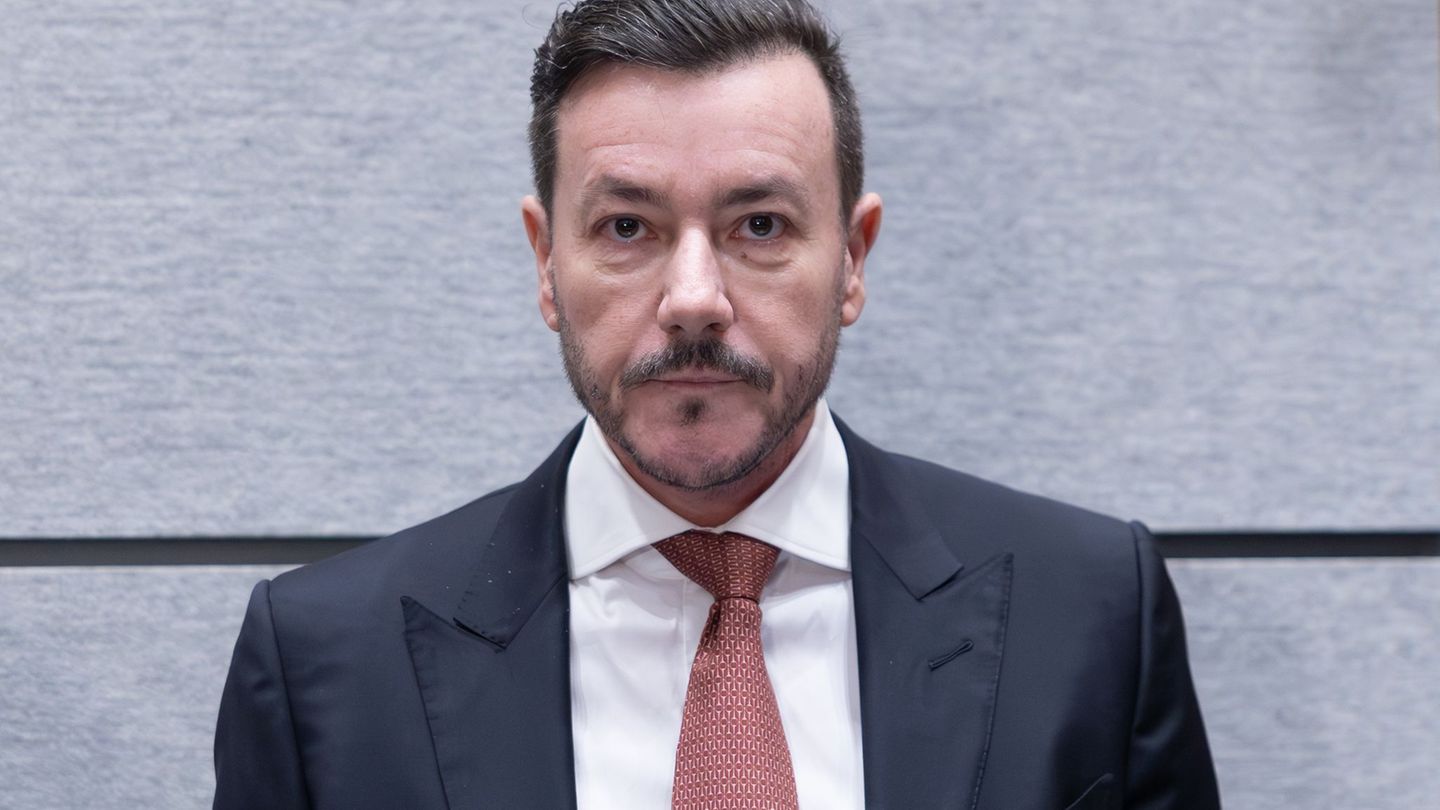He Assistance Fund for Victims of Trafficking that the national government eliminated was generally contemplated in Law 26,364, sanctioned under the management of Cristina Fernández de Kirchner. But according to the NGO The Alameda In its statement repudiating the measure, that fund was also validated by other efforts, specifically created by Law 27,508 under the government of Mauricio Macri, and put into operation during the administration of Alberto Fernandez.
The fund, as La Alameda warned, represented a vindication of one of the historical demands of anti-trafficking organizations: in what was in force it compensated 498 people, for a total of $562,273,494.93.
“Today and thanks to the faculties that the call Law Bases grants to the national government, it was decided to eliminate five trust funds, including the one technically called Direct Assistance Fund for Victims of Trafficking“, the entity warned, and clarified that it was “a mechanism through which surviving victims of trafficking were financially compensated with a final judicial ruling.”
“In this way, and through two brief lines, it is intended to put an end to a State public policy that took years to build,” he added.
What was the trust fund for?
According to La Alameda, The instrument fulfilled the objective of directly repairing the victimbut also symbolically to the entire society, since when assets were detected that had been instruments of crime in cases of trafficking and exploitation, these were liquidated through the AABE (State Property Administration Agency) and, with the proceeds of your sale, victims of trafficking were compensated.
Fight against trafficking
The possibility of maintaining the assets was also contemplated to prevent them from losing their value during the processing of the trial, something that in our country can take 8 or 10 years. In this way – La Alameda continued – the property was prevented from depreciating, for example by renting a premises or an apartment or transferring it as a loan for temporary use, in order to be able to liquidate it once the final judgment was obtained and the victim(s) had been identified.
What the Government said to eliminate it
The national government’s arguments to justify the elimination refer to an alleged audit that would have revealed “the nonexistence of a formalized procedures manual, shortcomings observed in the Trust Contract and the nonexistence of a Computer System for the management of the executive unit.”
But according to the NGO, in the case of the fund to assist victims of trafficking “the lack of control was almost impossible”since in addition to the AABE, the Executing Unit of the Ministry of Justice and the Federal Trafficking Council intervened: the reparations were authorized and informed in front of representatives of all the provinces and the City of Buenos Aires, the Public Prosecutor’s Office, the Supreme Court of Justice of the Nation, Legislative Branch, Ombudsman of the Nation and three representatives of civil society organizations through a commission created with the objective of following and monitoring its operation.
treats.jpg

Since 2013, the United Nations General Assembly established July 30 as the world day against human trafficking.
On the other hand, and considering that this mechanism was implemented based on a contract signed between the national state and the BICE (Bank for Investment and Foreign Trade), it was also subject to the controls of the Central Bank and even the National Securities Commission. .
In order to expedite its implementation and appropriation by the justice system, the Office of the Prosecutor for Trafficking and Exploitation of Persons -PROTEX- presented in 2023 the guide for prosecutors on the operation of the trust fund, the document was prepared jointly with the General Directorate of Asset Recovery and Asset Forfeiture.
The Trafficking Victims Assistance Trust Fund in numbers:
According to the information provided by Protex, from July 2019 to October 31, 2024, the following were carried out:
- 181 sentences in total for trafficking and related crimes
- 86 ordered economic reparation
- 94 confiscated assets that were instruments of crime
- Repairs for a total amount of $562,273,494.93
- 498 is the number of victims whose reparation was ordered
- 57 are the victims who actually received compensation according to the availability of funds.
In short, for La Alameda, the Direct Assistance Fund for Victims of Trafficking It constituted a State Policy beyond the governments in power and, as in many other matters, it had made our country such a reference that, at least last year, a delegation from Honduras and the UNDOC visited. (United Nations Office on Drugs and Crime) to learn about the successful experience that, of course, was not without issues to improve and perfect.
“From La Alameda and together with dozens of civil society organizations throughout the country, we demand that the national government restore the functioning of the fund, whose purpose is to repair at least in part a highly vulnerable group in our society. Otherwise “survivors of a crime that undermines life, freedom and dignity will continue to be revictimized.”they concluded.
Source: Ambito




